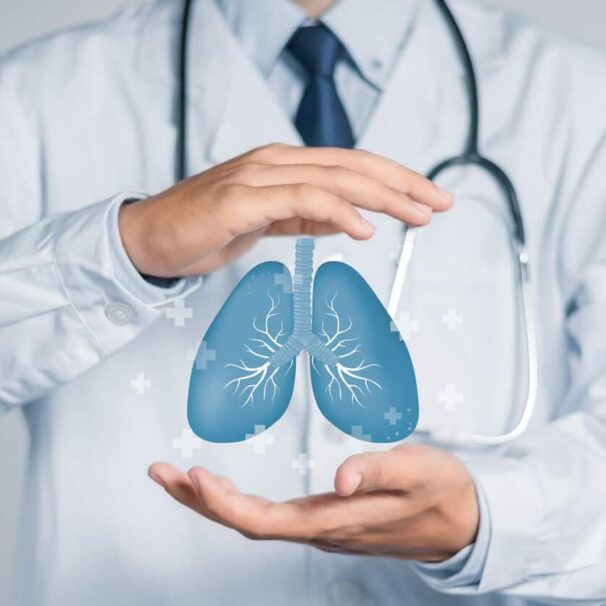HealthProviders DB is a comprehensive database of healthcare providers, including a complete directory of all Pulmonologists.
Internal Medicine Healthcare Taxonomy Code 207RP1001X
As of today, the following are the total number of Pulmonologists nationally, in your State, and near your location.
Select a State below to view the list by State. Additionally, you can narrow the list by city, among other options, from the Filter Panel, which you can open by clicking the vertical ellipses ⋮ in the upper right corner of the app.
Alaska – Alabama – Armed Forces Pacific – Arkansas – American Samoa – Arizona – California – Colorado – Connecticut – District of Columbia – Delaware – Florida – Federated States of Micronesia – Georgia – Guam – Hawaii – Iowa – Idaho – Illinois – Indiana – Kansas – Kentucky – Louisiana – Massachusetts – Maryland – Maine – Marshall Islands – Michigan – Minnesota – Missouri – Northern Mariana Islands – Mississippi – Montana – North Carolina – North Dakota – Nebraska – New Hampshire – New Jersey – New Mexico – Nevada – New York – Ohio – Oklahoma – Oregon – Pennsylvania – Puerto Rico – Palau – Rhode Island – South Carolina – South Dakota – Tennessee – Texas – Utah – Virginia – Virgin Islands – Vermont – Washington – Wisconsin – West Virginia – Wyoming
Medicare
The following are the total number of Pulmonologists who accept Medicare in your State, the number who have opted out of Medicare, and the total number excluded from participation in Medicare nationwide.
The diagram below shows all the Pulmonologists across the country, represented by blue bubbles. The larger the bubble, the greater the concentration of providers in that area. Red bubbles represent Medicare-excluded providers, with the larger bubbles indicating a higher percentage of excluded providers in that region. You can change the bubble size to be based on exclusions from the Size menu.
What do Pulmonologists do?
Pulmonary disease physicians, also known as pulmonologists, are medical doctors who diagnose, treat, and manage conditions affecting the respiratory system, including the lungs, airways, and blood vessels.
They handle a wide range of conditions, from everyday issues like asthma to complex and severe diseases such as lung cancer, tuberculosis, and emphysema.
Pulmonologists often perform specialized procedures, work in hospitals and critical care units, and may collaborate with other specialists, such as cardiologists, oncologists, and sleep specialists, to effectively manage patient care.
What they do
Diagnose and treat respiratory diseases: They identify and manage conditions affecting breathing, such as:
- Asthma and COPD
- Lung infections, such as pneumonia and tuberculosis
- Lung cancer
- Sleep-related breathing disorders, such as sleep apnea
- Interstitial lung diseases and pulmonary hypertension
Perform specialized procedures: They conduct procedures such as bronchoscopies to visualize lung tissue and obtain samples.
Provide critical care: Many pulmonologists work in hospital ICUs, providing life-saving care to patients with respiratory failure or severe injuries.
Collaborate with other specialists: They work alongside other doctors, such as cardiologists, because respiratory and heart conditions are often linked.
Manage complex breathing problems: When a patient’s respiratory issue is complex or doesn’t respond to treatment, a doctor may refer them to a pulmonologist.
When to see a pulmonologist
You might be referred to a pulmonologist for symptoms like:
- Asthma that isn’t well-controlled or has unidentified triggers
- Chronic shortness of breath or difficulty breathing
- Persistent or chronic cough
- Wheezing or chest tightness
- Dizziness, lightheadedness, or fainting

